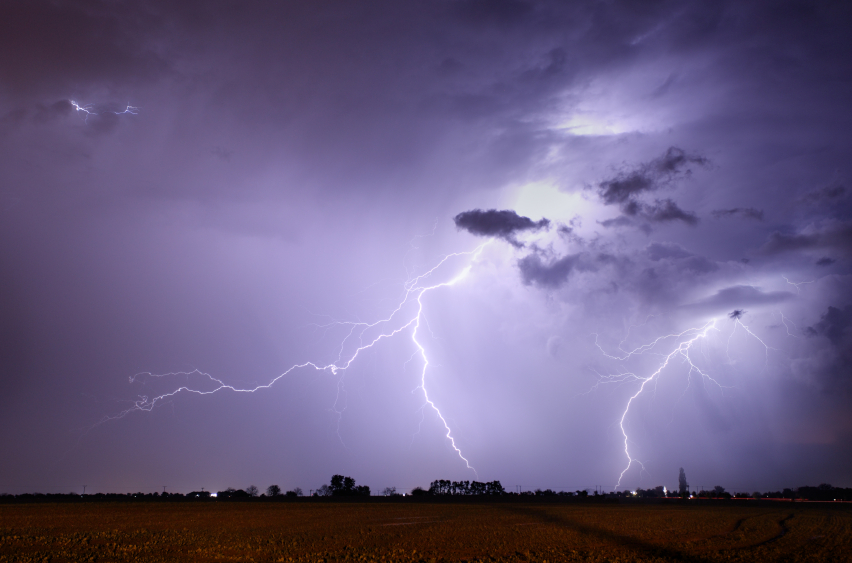![]()
Recent history has proven those of us with disabilities do not fare well during disasters. Unfortunately, it took Hurricane Katrina to show us just how ill-prepared we were. We now know that the elderly and persons with disabilities are less prepared to respond to an emergency situation, and that disaster can have a much harsher impact than on younger people or persons without disabilities.
After working many years with elderly adults and people with disabilities, I have found that, in most instances, they usually do not want any special treatment. In fact, they are adamant that they don’t become a burden on others. Yet they are also the ones who are least likely to make any advanced preparations to protect themselves or improved their chances of survival. That’s truly unfortunate.
If you have a disability, and many of us not only are coping with one issue but oftentimes several, it’s time to take stock and make some preparations for disaster response. This should include plans for home and for work. There are many publications available to assist in this process that will help you identify what you need and how to develop a support network that will be available when you need them.
It is not necessary for you to tell your co-workers about your disability. Many people have “hidden” disabilities, such as arthritis, limited vision or hearing, or neuropathy to name just a few. There are also mental health issues such as anxiety disorders, depression, or post-traumatic stress disorder.
Whether your disability is hidden or is clearly visible, advanced emergency preparedness planning is a must. As you consider your disability, think about how disaster would impact you specifically. If you had to evacuate to a local site, would you be able to sleep for several days lying on a hard wood floor? Or even sleeping on a cot? Do you have a change of clothes available in case you must leave your home at a moment’s notice? Are you prepared to evacuate for an extended period of time if you rely on daily medications? If you use a wheelchair or other assistive technology equipment, do you have any backup devices available? If it’s an electric chair, do you have additional batteries or a manual wheelchair you can use?
Those of us who have disabilities usually don’t want to cause others to risk their lives if something goes wrong. It’s our responsibility to do our best to remain independent and to not subject first responders to additional risk simply because we did not take the time to plan for our unique needs.
There are many things to be considered if you have a disability and are involved in a disaster. Please take the time today to begin making your plans for how you’ll respond. A little bit of planning today may lead to your being much more comfortable in the future if disaster strikes…or it just might save your life.
Christine Wistrom is part of the GovLoop Featured Blogger program, where we feature blog posts by government voices from all across the country (and world!). To see more Featured Blogger posts, click here.





Leave a Reply
You must be logged in to post a comment.